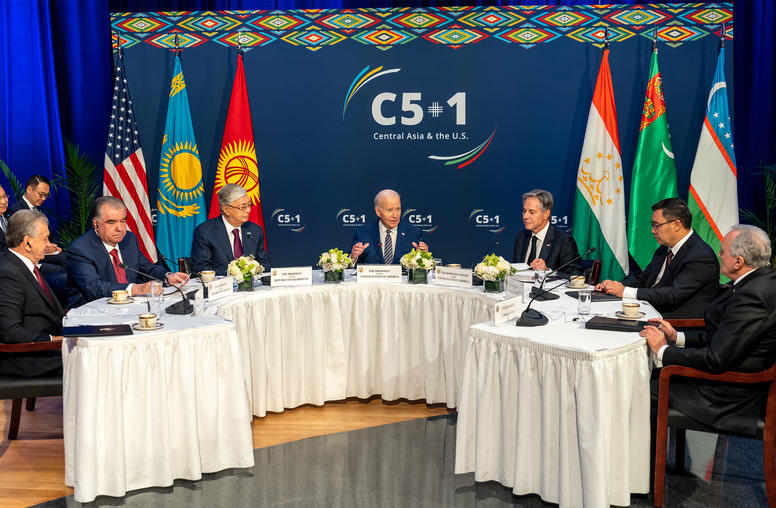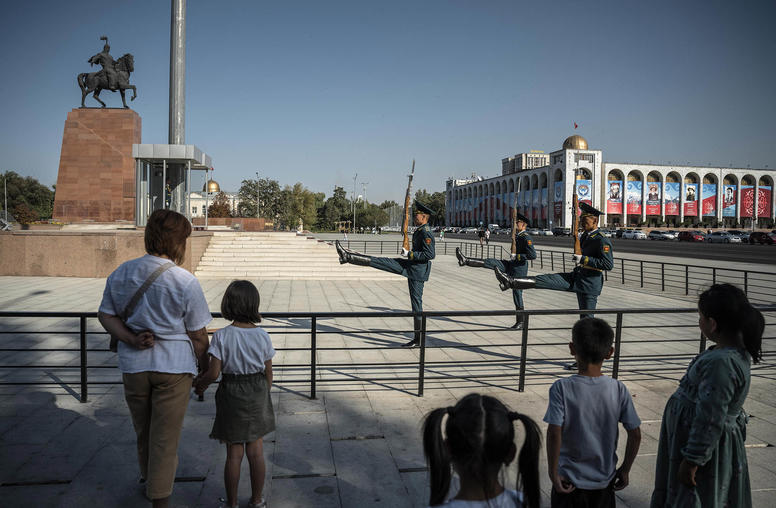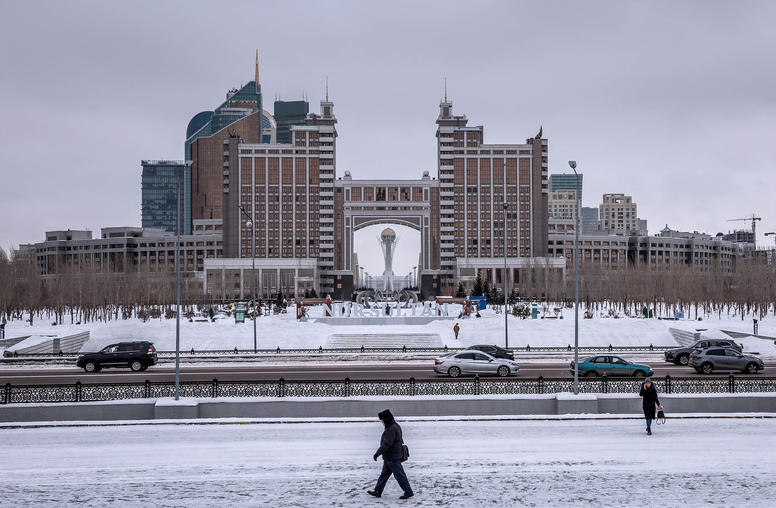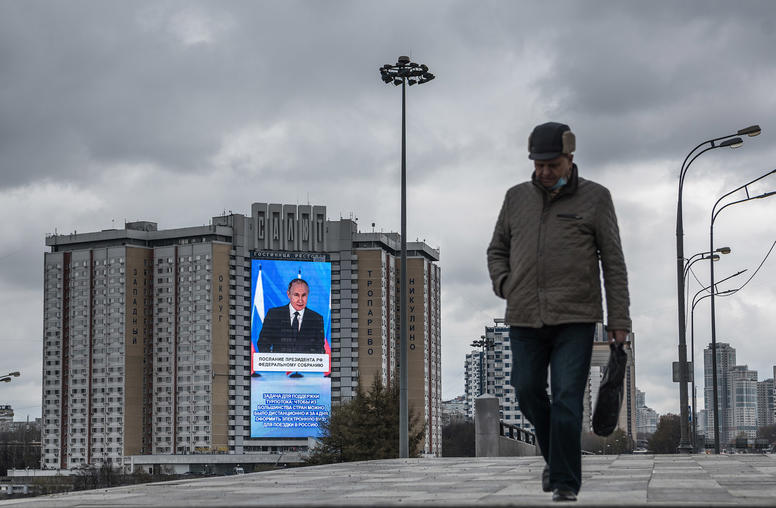Gavin Helf, Ph.D.
Contact
Please submit all media inquiries to interviews@usip.org or call 202.429.3869.
For all other inquiries, please call 202.457.1700
Dr. Gavin Helf is a senior expert on Central Asia for the U.S. Institute of Peace where he works on Kazakhstan, Kyrgyzstan, Tajikistan, Turkmenistan, and Uzbekistan.
Before joining USIP, Dr. Helf worked as a senior democracy and governance advisor in the USAID Asia and Middle East bureaus, covering democracy promotion and countering violent extremism portfolios. From 2007-2009 he worked at USAID Iraq, managing and helping design much of the democracy and governance, community peace-building, and civilian assistance portfolios there during “the surge.”
Dr. Helf studied, lived, and worked in the USSR and its successor states from 1984-2007, mostly in Central Asia and the Caucuses, with nongovernmental organizations and USAID. From 2005-2007 he was a democracy and governance advisor at USAID Armenia. From 2003-2005 he worked as a consultant on Central Asia. From 2000-2002 he was director of grant programs for the Eurasia Foundation. From 1997-2000 he was Central Asia regional director for the International Research & Exchanges Board based in Almaty.
Dr. Helf graduated with a bachelor’s, master’s and doctorate in political science from University of California at Berkeley. He has taught Russian and Soviet foreign policy, comparative politics, and security studies at Notre Dame, Cornell, The George Washington University and Moscow's International University. He was also a guest lecturer at the National War College, The U.S. Military Academy and The Foreign Service Institute, among others.




